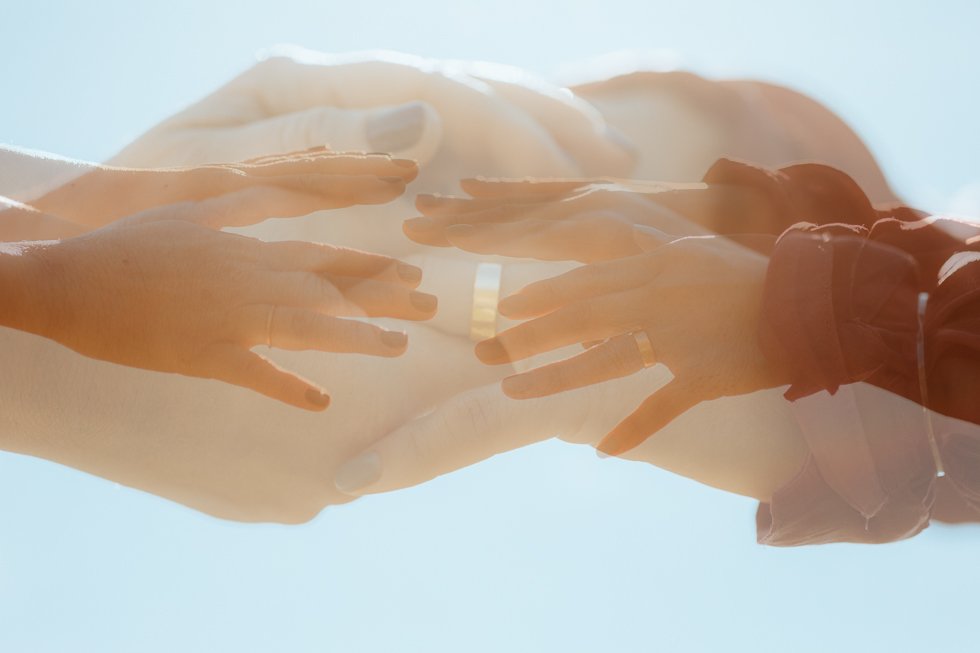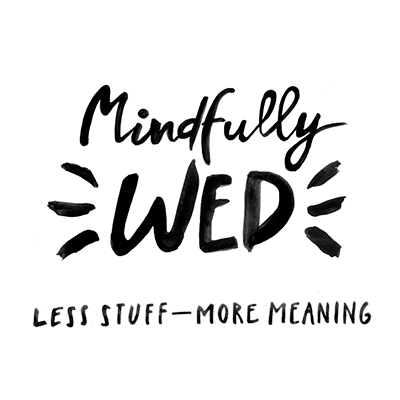
“I think the biggest myth is that it’s too expensive to have an ethical business. It never ceases to frustrate me to hear big companies complain about paying a living wage or using ethically-sourced materials. It’s entirely possible to operate without subsidising your profit by taking advantage of people or being a scourge on our natural resources.”
Ash Hilton, NZ jeweller.

Love this little truth bomb by Ash Hilton, a family run business that also specialises in NZ sourced ethical gold; Good Gold. Today we get a little insight from Laurel Hilton into the jewellery world, and how sustainability and jewellery can indeed be friends.
“We had a bit of a “come to Jesus” moment about two years into our business when we realised just how destructive metal mining is to the environment and vulnerable communities. We decided that we had to find a way to source ethically-mined metals or we’d have to shut shop. Luckily, we got our supplier to set aside 100% recycled sterling silver for us an to insure that the metal that we were using only came from Australia or New Zealand which have relatively good mining records. Two years ago, we found a new supplier of metal that uses only Alluvial-sourced gold from New Zealand, which was a huge win for us. Alluvial gold isn’t mined from giant pit mines that use cyanide to extract the gold, but by washing the gold out of river sand with fresh water.”

In what ways large or small, have you made your wedding business more sustainable or ethical?
Our ethics and focus on sustainability enter into every decision we make in our business, both large and small. We research endlessly the materials we use and have learned to say no to custom designs that require us to use gemstones that we can’t trace. All of our packaging is super considered to be as low-impact, minimal and reusable as possible.
We put thought into the banks we use, how much we pay our employees (everyone earns a living wage, from bench jewellers to cleaners) and do our best to be as inclusive as possible in our language and imagery. We only ever print on A5 or smaller and reuse the tape on our sanding sticks (which we make ourselves instead of buying ready-made disposable ones). Instead of pickling solution, we use citric acid so that no nasties get poured down the drain.
Bottom line, all of our decisions get filtered through the lens of sustainability, inclusivity and ethics.

What has been the best thing & hardest thing about being a more eco-ethical conscious business?
The best thing is that we get to earn a living without feeling like we’re sacrificing our own ethics. We are extremely privileged in that regard. The hardest is recognising that it’s impossible to be 100% perfect and realising that there are potential blindspots.

How do customers respond to your eco-ethical values? Has it helped with business to be more purpose driven?
They love it! So many of our inquiries begin with a phrase like, “we love your company and what it stands for…” Ash and I are both dreamers and scared of commitment, so I think adding this layer of thoughtfulness to our business as helped stay motivated, connected to and purposeful in our business. Without it, I think we would have lasted about 5 years instead of 15.

What advice do you have for those incorporating their eco-ethical values into their business? What myths would you like to bust?
My best advice is that you can totally do it! It only adds value to your business and it’s a very well-worn path these days, so it’s a lot easier to find suppliers that align with your values these days.

Find your eco-ethical wedding tribe right here in our Directory of businesses for good, from rings, gowns, to flowers and more.

